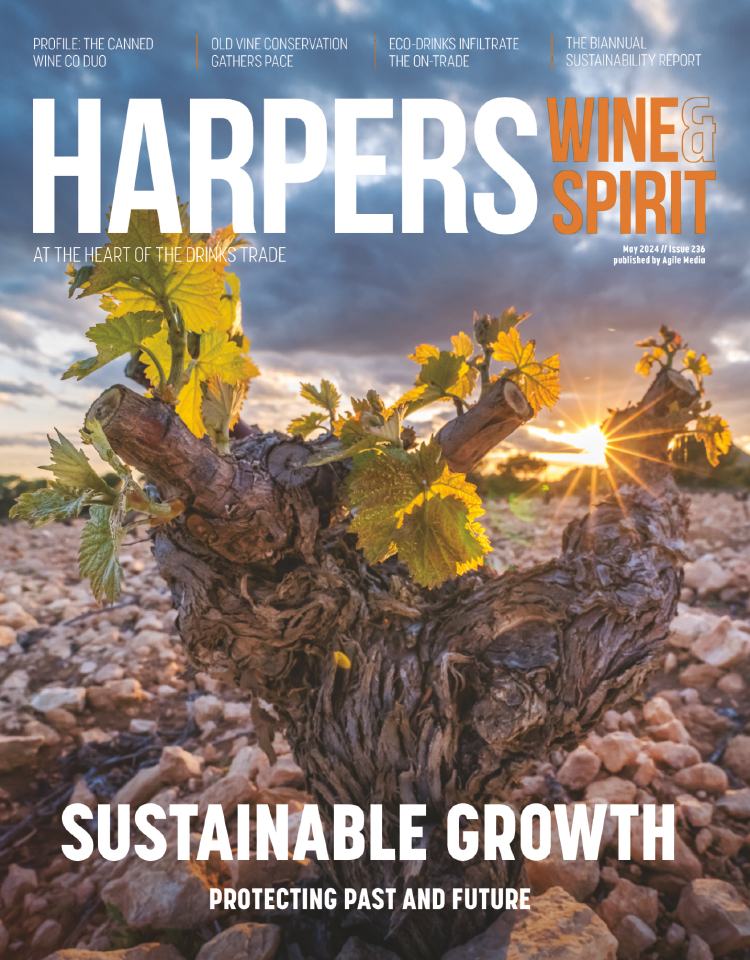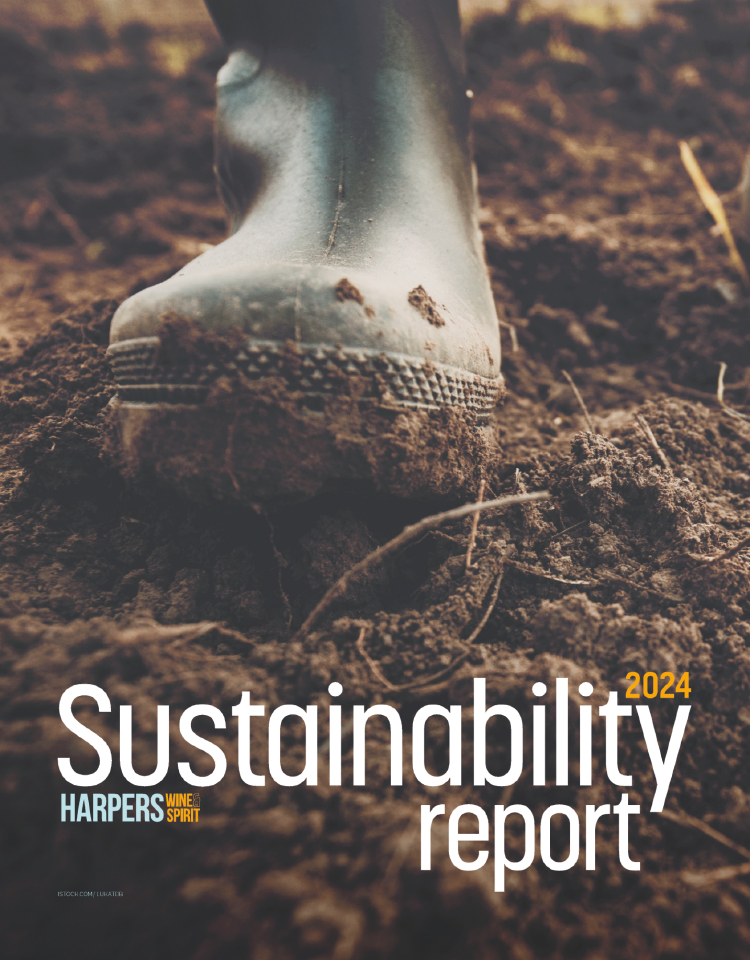
Bees could help speed up the ageing of wine finds new research
Two of England's high profile Masters of Wine have announced a radical new method of accelerating the ageing of wine - with the help of a hive of bees.
It has been known for a long time that beehives maintain an extremely well-regulated temperature even in the harshest of winters, but it is only beginning to be appreciated that the constant vibration of thousands of pairs of wings has a mellowing effect on wine that is stored inside a beehive.
In a ground-breaking experiment, bee-keeper and label designer Neil Tully MW of Amphora Design, worked with winemaker Justin Howard-Sneyd MW to compare the ageing of wines stored in various different conditions.
Tully and Howard-Sneyd secreted bottles of a Southern French red wine inside two beehives, and ant colony and a termite mound, where the bottles rested for a year, before being opened and tasted alongside each other, and compared with wines that had been kept simply in a conventional wine cellar.
Howard-Sneyd said: "Neil and I were amazed at the results. We expected to see a slight difference in style as beehives and termite mounds are quite warm environments, but the difference was astonishing. The wines that had been 'buzzed' by the bees were softer, and smoother, and altogether more mellow and ready to drink."
The Bee-trials proved such a convincing success that Tully and Howard-Sneyd are making plans to scale up their experiments, and trial the effects on a wider range of wine styles.
They have already patented the maturation technique, which, in recognition of the contribution of Rudolph Steiner to our understanding of the beehive, has been christened 'Bee-o-dynamics'.
The first wine to be released commercially, using this ground-breaking technique is Howard-Sneyd's Domaine of the Bee 'Hum Mani Padme Hum' 2012, which will go on sale this April, priced at £833 a bottle
Tully explained: "We believe we have discovered an incredibly powerful technique that could revolutionise the ageing of wine. We are in talks with America's largest commercial apiculturist to design natural wine cellars which harness the energy released by swarms of bees to regulate the temperature, accelerate the maturation, and also act as an organic bio-security deterrent to would-bee thieves. It is very exciting."
Howard-Sneyd added: "It is about time that the insects gave something back to wine after one of their number, the phylloxera louse, virtually destroyed the entire wine industry in the second half of the nineteenth century. Now it is payback time."





